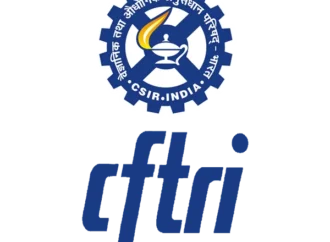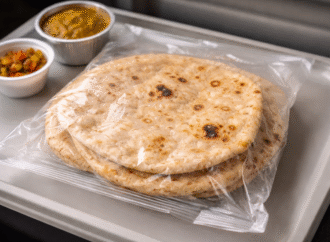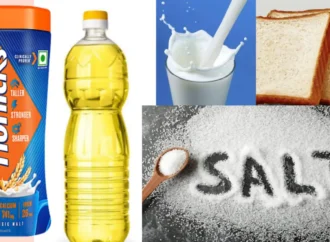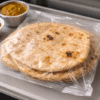The next time you find yourself overcharged for buying essential food items, you may be liable to receive a hefty compensation instead. Charging a customer just ₹4 extra above the Maximum Retail Price (MRP) of a cold drink bottle in the name of “cooling charges”, cost a Bengaluru bakery shop owner dearly as the Consumer Disputes Redressal Forum asked the owner to pay up ₹2,500. This punitive fine imposed on the shopkeeper included a compensation of ₹2,000 to the aggrieved customer as well as ₹500 for litigation costs for selling the cold drink at a rate higher than the MRP.
What does MRP really mean?
A Maximum Retail Price or MRP is the highest price labeled on the product which can be charged by a seller of said product in India. This MRP includes the costs of production, transportation as well as all applicable taxes. Manufacturers always provide a more than adequate cushion for dealer margins while marking the MRP. Thus, it is mandatory for all packaged products to have an MRP, which all merchants have to strictly adhere to.
Is it okay for shops to charge more than this MRP?
It is completely illegal to charge a single rupee more than the printed MRP. Charging more than the MRP on the pretext of cooling or transportation charges is a criminal offense under the provisions of the Legal Metrology Act as well as the 2011 Packaged Commodities Rules. Any perpetrator found guilty under these laws is liable for punishment.
Are there any exceptional cases where charging above MRP is legal?
The Supreme Court in 2017, held that hotels and restaurants are not bound by MRP when they sell bottled mineral water and other packaged food items, as this transaction includes extra services provided for the customers like cutlery, napkins etc.
Being overcharged? Here’s what to do:
- Try having a reasonable conversation with the retailer, wherein you explain that MRP is actually the maximum price a customer can pay for the product.
- Use your power of the knowledge of law. Be confident with these facts and don’t be swayed by whatever the retailer has to say. Do note that while deciding the MRP, companies always keep in mind extra expenses such as transportation costs, storage and cooling charges. Therefore, the retailer is bound by law to sell the product to the customer at the printed price.
- If forced to pay the extra charges, make sure that you ask for an official store receipt that clearly indicates the original price as well as all additional charges. This receipt will serve as documentary proof when lodging an official complaint against this retailer.
How can I receive compensation and damages?
- Call up your District LMD Officer at the number provided here.
- The State LMD Officer can also be reached here.
- If you prefer, you can email your complaint at dirwm-ca@nic.in
These consumer platforms have been developed for the sole purpose of solving all your complaints, no matter how big or small.
Do let us know if you have experienced any instances of overcharging and other such trade malpractices.
 Food Manifest
Food Manifest 



















Leave a Comment
Your email address will not be published. Required fields are marked with *